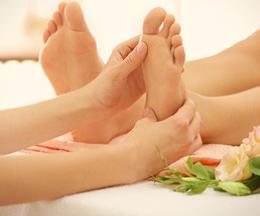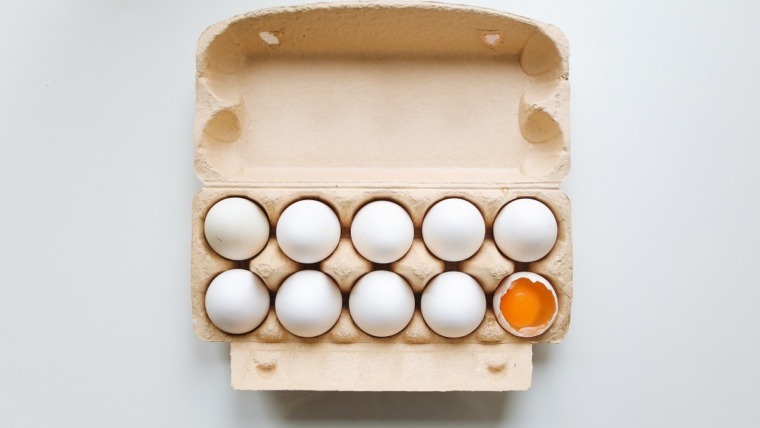
Written by Nikki Cox
Women are naturally multi-taskers, and this innate skill ramps up significantly after you become a mother. Constantly trying to remember things you need to do, people you need to call, appointments you need to book, decisions you need to make… just to feel like you are in control of your life and are always ahead. As a mum, you depend on your brain power a lot!
All these thoughts going around and around and around in your head are what is called ‘mental load’. It’s invisible, exhausting work that never ends. It is the constant worrying about daily activities. It is stress.
We all want to be a Supermum. Able to handle anything that comes our way, always in control, feeling cool, calm and collected. You see another mum out there that appears to handle the mental load of motherhood well and think “I can handle it all too!” Or you start to feel inadequate by thinking things like “She has 3 kids and they always arrive to school on time in clean, ironed clothes and a homemade, nutritious lunchbox packed; I struggle to do those things with one child! I’m never going to be as good a mum as her…” That comparison stuff is toxic though, right?
The reality is, our bodies simply cannot handle this type of pressure, physically or mentally. That other mum may be very good at hiding the strain of her mental load, or has found effective ways to unload it.
Have you ever noticed that when there is more going on in your life, and your mental load has increased, that you suddenly start to feel ‘off’? Maybe you catch a cold, a sore throat, you feel more anxious or down about things that don’t normally bother you, your neck or back start to feel sore or your legs begin to cramp. Stress is stored in the muscles of your body, including the brain muscle. It is therefore unsurprising that mental load, or stress, can lead to a breakdown of your immune system and open you up to a variety of physical and mental illnesses.
Understanding the complex interrelationship between your mind and your body is a critical part of starting the process of destressing and controlling your mental load.

Your thoughts, feelings, beliefs and attitudes can affect your biological functioning in both positive and negative ways. This whirlwind of things going on in your mind can be a positive force in your body that gives you the confidence, clarity and motivation to be that Supermum. On the other hand, this same cocktail of emotions can leave you with one hell of a hangover! Either way, your mind can have a profound effect on how healthy your body is.
In reverse, what you do with your physical body can impact your mental state; again, positively or negatively. What you eat, how much you exercise, your posture, your quality of sleep… all of these physical actions can control the release of hormones and other chemicals in your brain that effect your sense of calm and pleasure, alter your mood and reduce your experience of pain.
Let me explain this effect further by looking at the science of it all - your brain has a characteristic known as ‘neuroplasticity’. This is how it adapts to your world based on your lifestyle, physiology and environment. You are literally forming and re-forming your brain based on the choices you make and the habits you build on a day-to-day basis. If some of these habits involve activities that strengthen the connection between your brain (mind) and your body, you are essentially teaching your brain how to care for your body, and your body how to look after your brain. All of this co-nurturing increases your resilience to stress and the ability to bounce back from excessively stressful events, when your mental load would normally overload.

There are many different ways you can release the stress built up in the muscles of your body and increase your resilience to mental over-load. Here’s a list of 8 effective approaches to strengthening your mind-body connection:
- Yoga and Tai Chi; these gentle exercise techniques create a focused, yet relaxed, state of being
- Creative Arts; immersive engagement in sketching, sculpture, painting, music or dance puts you in a meditative state, which increases the integration of brainwaves and creates a feeling of contentment
- Breathing; focusing on your breath and taking regular deep breaths encourages the release of long-held tensions and unnecessary stress build up
- Progressive Muscle Relaxation; involves the tensing and relaxing of specific muscle groups in your body, one at a time, to assist in the release of stress build up within your muscles, and to force your mind to focus on something other than your never-ending thoughts
- Massage; a form of touch therapy that assists with the release of emotions stored in the muscles of your body to increase self-awareness
- Meditation; a state of restful awareness in which your body is resting deeply while your mind is awake, though quiet
- Hypnosis; inducing the body into a relaxed state, thereby lowering the levels of stress in your body and mind, and enhancing your capacity to handle stress through increases in white blood cells
- Gratitude and Kindness; practices that increase the production of serotonin in your brain, which is a naturally occurring neurochemical that has a calming, mood regulating and anti-anxiety effect
Not all of these approaches will suit everyone, so it is important to give each one a try over a few weeks in order to find which ones work best for you to assist in unloading your own mental load and building resilience.



